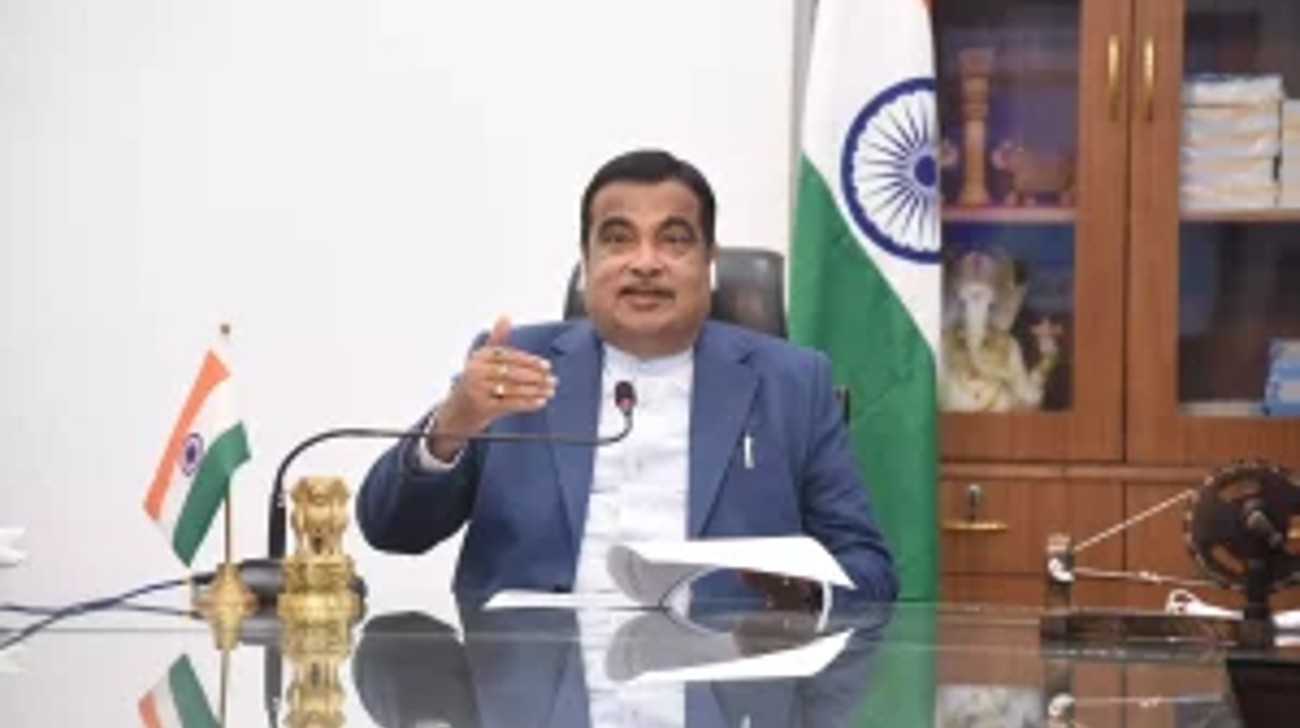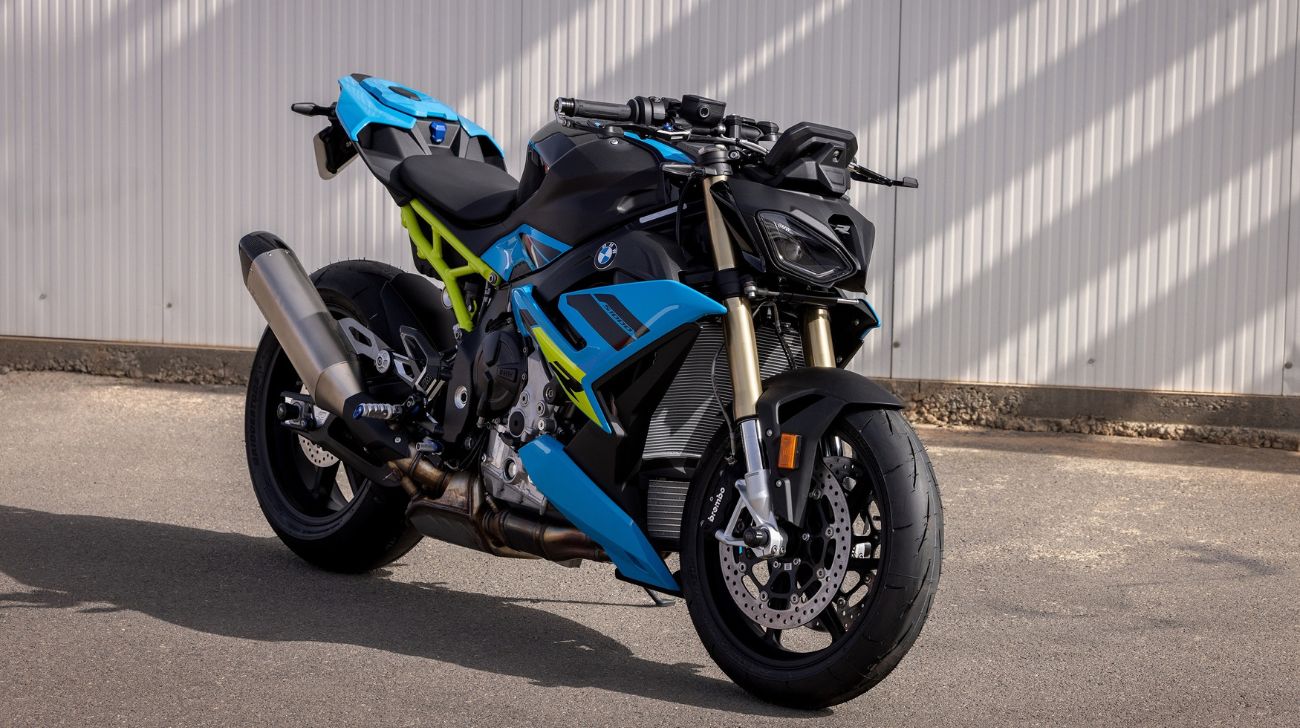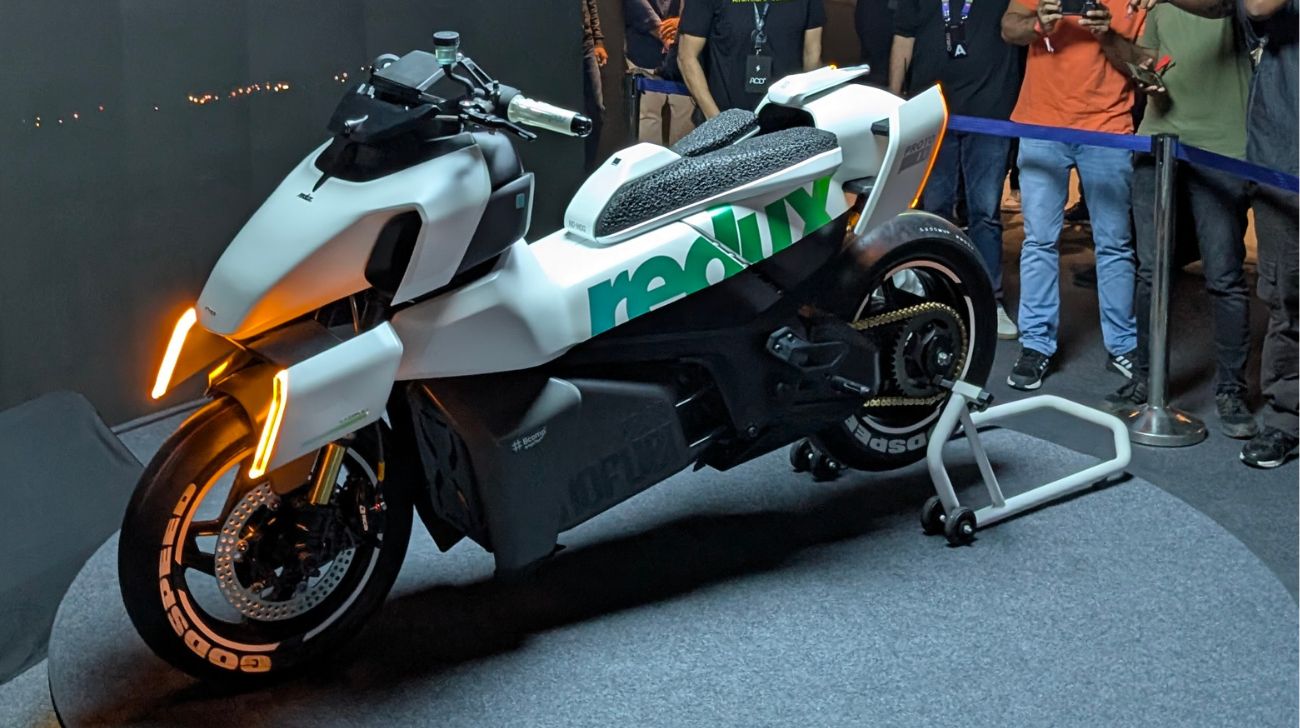Minister for Transport and Highways Nitin Gadkari has made a big statement on the subsidies given to electric vehicles. He believes that electric vehicle-making companies do not need subsidies anymore. This is a major statement considering the third phase of the FAME scheme is to be finalised in a month or two, according to heavy industries minister H.D. Kumaraswamy.
Gadkari's Statement
The Minister said that, in his personal opinion, the electric industry does not need many subsidies. He added that the goods and services tax (GST) on petrol and diesel vehicles is 48%, while the GST on electric vehicles is only 5%. Even after having a 5% GST, if someone is expecting subsidies from the government, in my honest opinion, now we don't need subsidies.
He also added that Indian consumers no longer need incentives to purchase EVs. He cited the decreasing battery cost and growing adoption as reasons behind this, which will make the EVs even cheaper. He projects that EV prices will match ICE car prices in two years. He said that there has been a large drop in the prices of lithium-ion batteries, which went from $150 per kilowatt-hour to $107-108 per kilowatt-hour.
Electric Vehicle Sales on Decline
While the government has set an ambitious target of achieving a 30% adoption of EVs by 2030, the electric and four-wheeler sales tell a different story. According to data from the Ministry of Heavy Industries, as of August 2023, only 5.28% of all two-wheelers sold since 2018 were electric, while electric four-wheelers accounted for just 1.99% of total sales. Along with that, sales of electric three-wheeler rickshaws, which were the industry leaders till now, saw a nearly 21% year-on-year drop in the quarter ending in June. These stats were from the Society of Indian Automobile Manufacturers (SIAM). The Vaahan dashboard also indicated a 16% year-on-year decline in EV sales for August.
Subsidies and Electric Vehicles
In recent years, subsidies have played a crucial role in promoting electric vehicle (EV) sales in India. A key reason behind this was the Faster Adoption and Manufacturing of Hybrid and Electric Vehicles (FAME) scheme, under which financial incentives were provided for EV purchases. This scheme brought a significant boost in sales, especially for two-wheelers and public transport vehicles like e-rickshaws. The FAME policies have been implemented in two phases as of now: FAME I, which was from 2015-2019, which gave support for infrastructure and FAME II, which emphasised the localisation of EV component manufacturing.
For more such news, click here.





